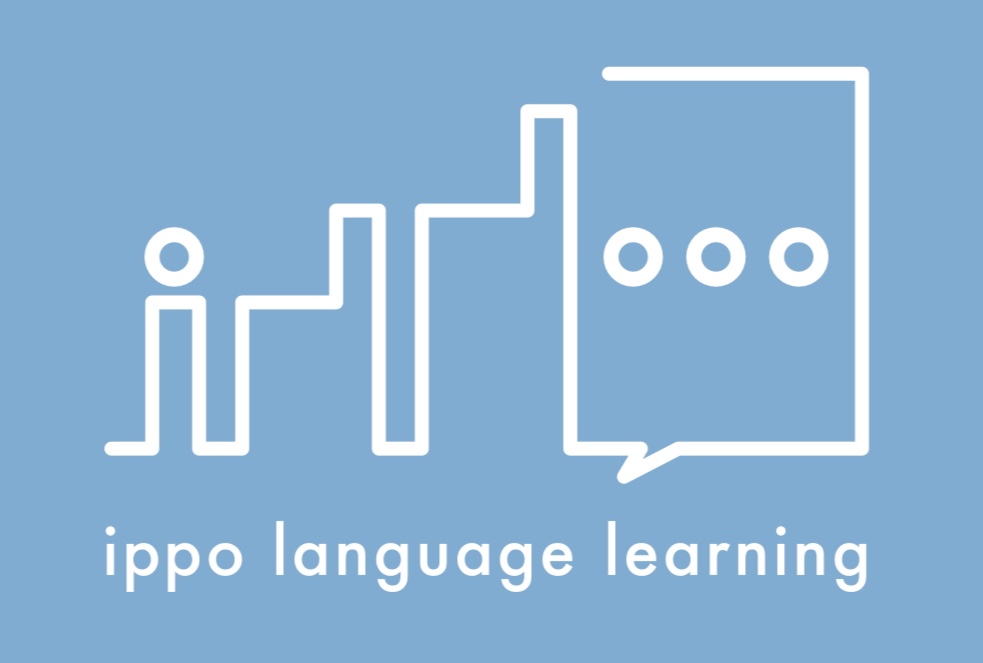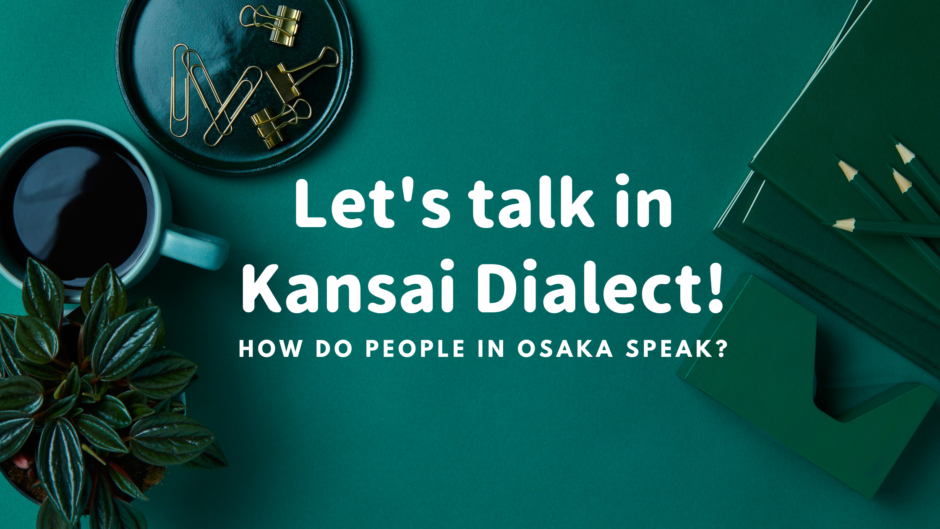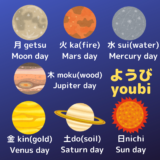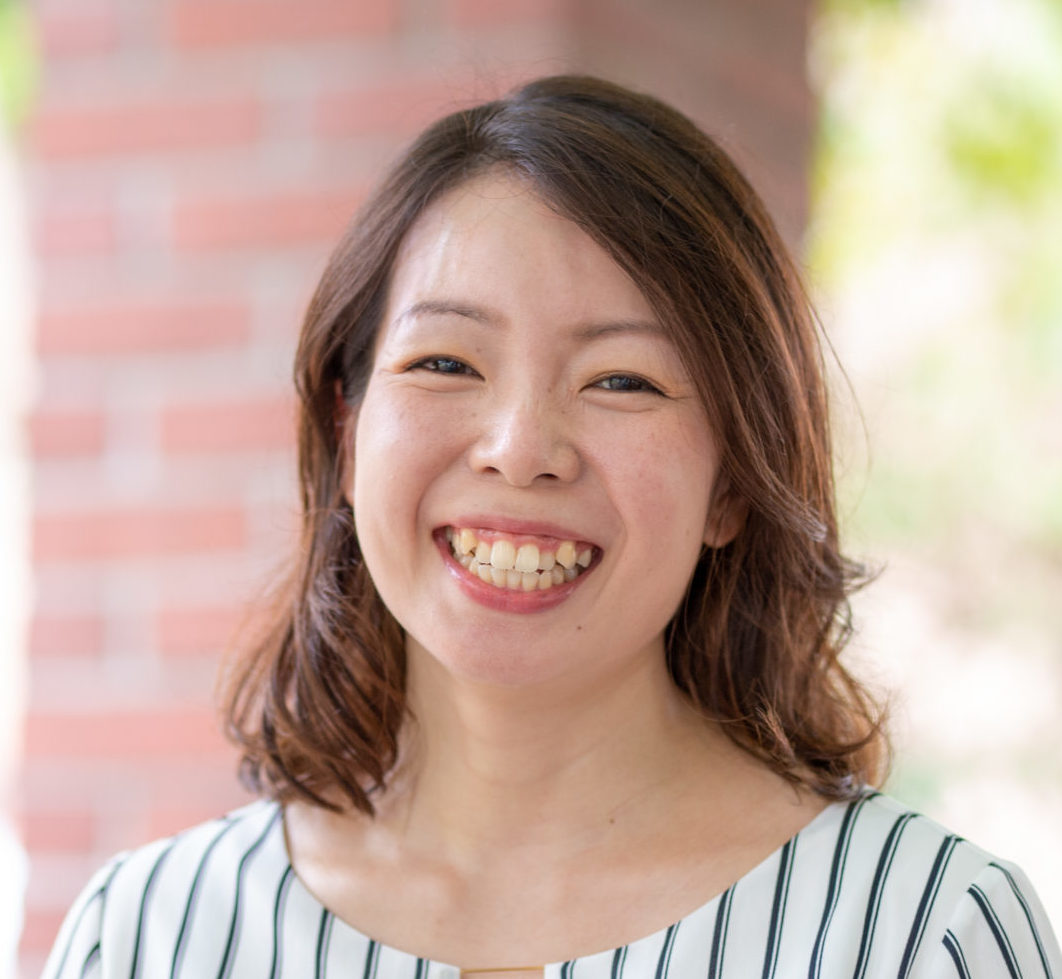
どーも、みなさん!Hi everyone!
Did you know that I’m from Osaka?
People in Osaka speak differently from those in Tokyo because of unique Kansai dialect.
Today let’s study about Kansai dialect with me!
Kansai is the region in the southern center of the mainland (Honshuu) of Japan that includes prefectures; Kyoto, Osaka, Hyogo, Nara, Shiga and Wakayama Prefecture. The area is also called Kinki region, but when we talk about their dialect, we only say 関西弁(かんさいべん/Kansai Dialect)instead of Kinki dialect.

Kansai has its unique culture and history, and it is famous for comedians!
Many people say that Osakan people are very funny, which I think is more or less true, hahaha!
If you study standard Japanese and go to Kansai area, don’t worry!
People in Kansai do understand and are able to speak standard Japanese.
But if you learn a bit about their local dialect and try to use them, they will be surprised and it’s much easier to make friends with people there!
So I’m gonna teach you some basic Kansai dialect today!
ありがとう→おおきに
The word “thank you” is ありがとう(Arigatou)but people in Kansai area often say おおきに(ookini).
どうして?→なんで?
“Why” in Japanese is どうして(doushite)but people more often say なんで(nande)in Kansai area.
And even people in other area say なんで, but the intonation is different.
It’s normally ↑な↓んで (high pitch on “na” sound), but in Kansai the pronunciation is more like なん↑で(high pitch on “de” sound). Now let’s practice the pronunciation with audio!
A lot of comedians use”なんでやねん!(nande-yanen!)” when your friends made a stupid joke. When you will be able to use this なんでやねん naturally that means you are the real Kansai-jin!
いくら?→なんぼ?
“How much is this?” in Japanese is;
これ、いくらですか?(Kore, ikura desuka?)
Right?
Kansai way of asking for price is;
これ、なんぼですか?(Kore, nanbo desuka?)
So the word いくら is replaced by なんぼ
まあまあ→ぼちぼち
Kansai people often use ぼちぼち(bochi-bochi), meaning things are not so bad or same as usual.
An example conversation is like this
【In case of Tokyo】
A : 元気?(Genki? / How are you?)
B : うん。まあまあかな。(Un, Maa-maa kana. / Things are okay with me.)
【In case of Osaka】
A : 元気?(Genki?)
B : うん。ぼちぼちやな。(Un, Bochi-bochi yana)
い adjective without い
In the previous post we learned about Japanese adjectives. Do you still remember?
 50 Japanese Adjectives that beginners have to remember!
50 Japanese Adjectives that beginners have to remember!
Now, people in Kansai often omit a sound “い(i)” in the end of いadjective (I wonder if it’s still called いadjective in this case, hehe).
So for example,
すごい(sugoi / fantastic)becomes すご(sugo)
やすい(yasui / cheap)becomes やす(yasu)
たかい(takai / expensive)becomes たか(taka)
Adjectives that completely change
There are also some adjectives that changes completely from the original sound.
Examples of these adjectives are;
きれい(kirei / beautiful)becomes べっぴん(beppin)
おおきい(ookii / big)becomes ごっつい(gottsui)
いい(ii / good)becomes ええ(ee)
おもしろい(omoshiroi / funny)becomes おもろい(omoroi)
へんな(henna / strange)becomes けったいな(kettaina)
とても→めっちゃ
あの人とてもきれい!Ano hito totemo kirei!
That person is so beautiful!
How can this sentence be changed in to Kansai dialect?
People rarely say とても in Kansai. Instead we say めっちゃ(meccha).
Meccha has become so popular these days so even people in other regions have started to say it normally though.
Now, do you still remember how to say “beautiful” in Kansai dialect?
Yes! that’s right! It’s べっぴん(beppin)
So “That person is so beautiful” in Kansai dialect goes like this;
あの人めっちゃべっぴんやん!
Ano hito meccha beppin yan!
It sounds like I’m singing, doesn’t it?
ほんとう?→ほんま?
This is another frequently used expression in Kansai.
Really? -ほんとう(hontou?)- becomes ほんま(honma?)
In Tokyo, people would say
うそでしょ?ほんとうに?
Uso desho? Hontouni?
You must be kidding! Really?
In Kansai, people would say;
うそやん?ほんまに?
Usoyan? Honmani?
Conversation in Kansai dialect!
Now let’s practice conversation in Kansai dialect!
Here I will first show you sentence in Kansai dialect, so try to guess the meaning.
By clicking the + button, you can check if your guess was right or not.
Here we go!

あや、めっちゃ久(ひさ)しぶりやな。
Aya, meccha hisashiburi yana.
Aya! Long time no see.
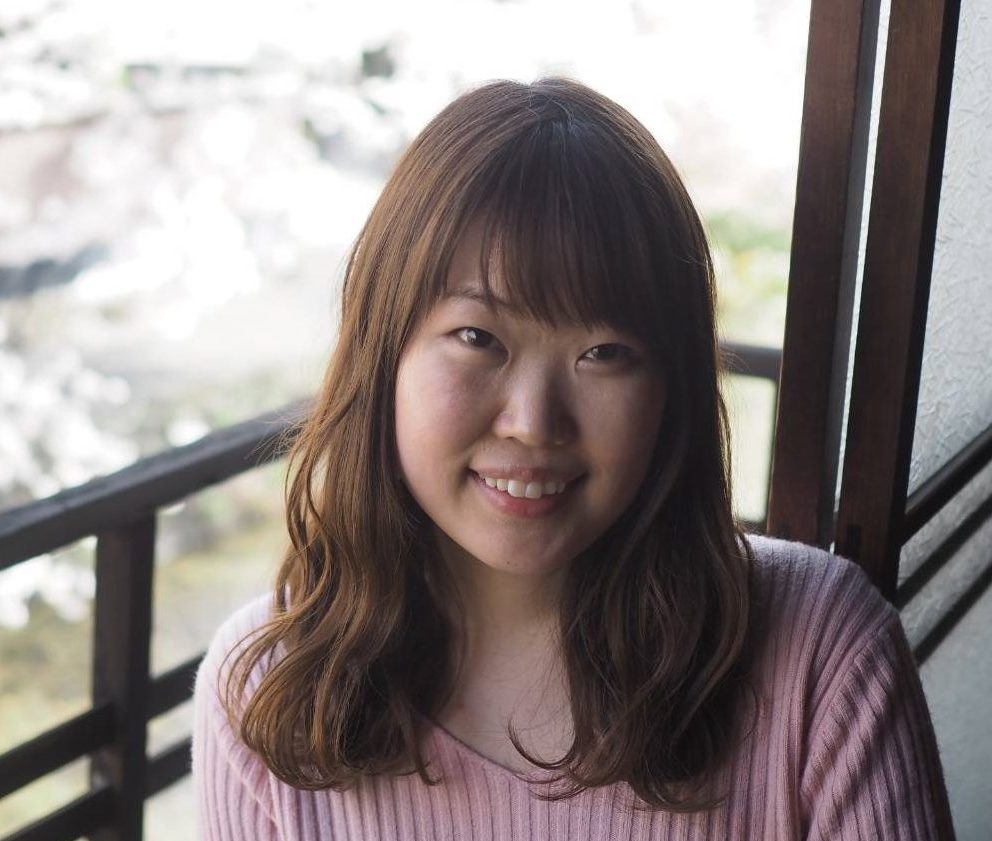
ほんま!元気?
Honma! Genki?
It really is! How’s it going?

ぼちぼちやな。
Bochi-bochi yana.
I’m fine, same as usual.

その帽子(ぼうし)めっちゃかわいいやん!どこで買(か)ったん?
Sono boushi, meccha kawaii yan! Dokode kattan?
That hat is so cute! Where did you get it?

イオンやで。
AEON yade.
I bought it at AEON*.
*a name of the most popular Mall in Japan

え?なんぼやった?
E, nanbo yatta?
Oh, how much was it?

これな、めっちゃ安(やす)かってん。1000円
Korena, meccha yasukatten. 1000yen.
This one was super cheap*. Only 1000 yen.
*People in Kansai tend to brag about good products bought at a reasonable price!

うそやん!やす!めっちゃにあってるで。
Usoyan! Yasu! Meccha niatterude.
You’re kidding! So cheap! It really looks good on you.

おおきに!
Ookini!
Thanks!
How much did you understand without looking at the translation?
Next time you have a chance to come to Kansai region, please pay attention to how people are talking and use expression you learned on this blog!
If you are interested in learning more about Kansai dialect,
there’s a free online course available on a platform called Minato.
You can visit the website by clicking the picture below.
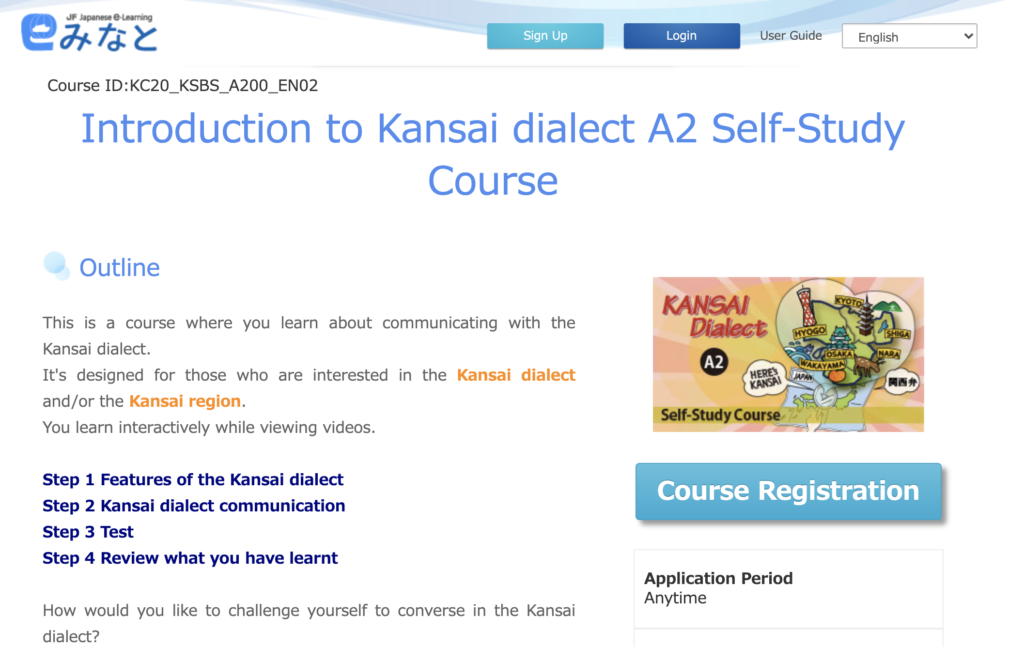
This is also a great platform for A1-A2 learners to study Japanese by yourself.
If you haven’t registered on Minato, please do register because it’s totally free and so useful to learn Japanese and Japanese culture.
Hope you liked the Kansai dialect content!
ほな、またな〜!Hona, matana〜!
(See you again in Kansai dialect)
